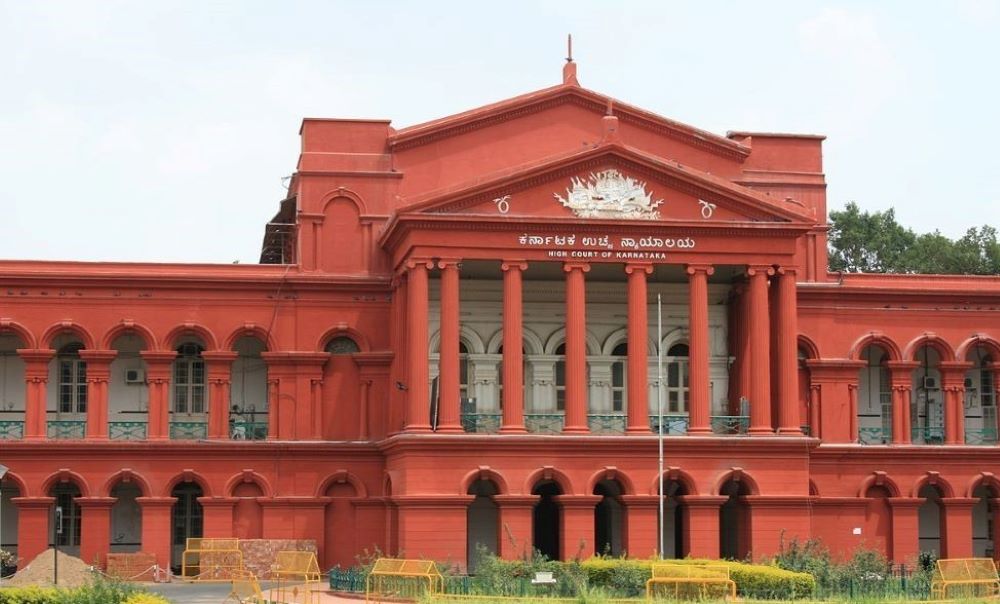Deepali Kalia –
The Karnataka High Court recently opined that the Protection of Women from Domestic Violence Act, 2005 (Domestic Violence Act/ DV Act) is a special legislation that seeks to protect and and promote the institution of family.
“The Domestic Violence Act is a special legislation enacted for the purpose of promoting the family relationship and institution of family. The act is an intermediatory between the civil laws like Guardians and Wards Act, Hindu Minority and Guardianship Act, Hindu Marriage Act etc., and the criminal laws like 361, 498-A, or such offences under the Indian Penal Code.”, the Court stated in its order.
The following observations were made by the court while hearing a petition filed by a husband who sought revocation of a subordinate court’s order that granted custody of his children to his estranged wife.
The Wife had filed a criminal petition before Magistrate court, Mangaluru, under Section 12 of Domestic Violence Act against the husband.
The husband before the issuance of notice in the petition had voluntarily appeared before the trial court, which after hearing both parties had passed an interim order that directed the husband to hand over his children to his wife during the pendency of the case.
The counsel representing the husband made the following arguments:
- Only the court adjudicating the matrimonial cases or the one under Guardians and Wards Act, are competent to decide the issue of custody of the children.
- Since the parties are Christians, they are governed by Indian Divorce Act.
- The custody of children can only be granted in proceedings of dissolution of marriage initiated by both he and his wife by filing separate petitions.
The counsel representing the wife made the following arguments:
- Present petition under Section 482 of Code of Criminal Procedure before the High Court is not maintainable as the order of trial court is an appealable one.
- The petition under Section 482 of CrPC will not lie owing to the fact that the proceedings under the Domestic Violence Act are civil in nature.
After hearing arguments from both the sides the court made the following observations:
“Since the word ‘shall’ is used in Section 29, any order passed by the Magistrate under the DV Act is appealable one. Section 29 does not provide for granting of an interim order is not an acceptable justification to the aggrieved party to rush to the High Court invoking Section 482 of CrPC bypassing Section 29. Such interpretation defeats the object of the Act and Section 29.”
On the pending application before trial court which is yet to be heard the court said, “The said application is still pending for hearing. Without pursuing the hearing of that application, the husband has filed this petition and litigating in this Court since last about three years. Had he sought adjudication of the application on merits before the trial Court itself, the matter could have been disposed of by this time.”
It was further observed by the court that sec 21 of Domestic Violence act clearly established that the act has an overriding effect on any other law, hence, the Court concluded that “There is no merit in the contention that the pendency of the matrimonial cases divest the jurisdiction of the Magistrate to adjudicate the application for custody of the children or the application filed under Section 12 of the DV Act.”
Consequently, the petition filed by the husband was dismissed by the court.

